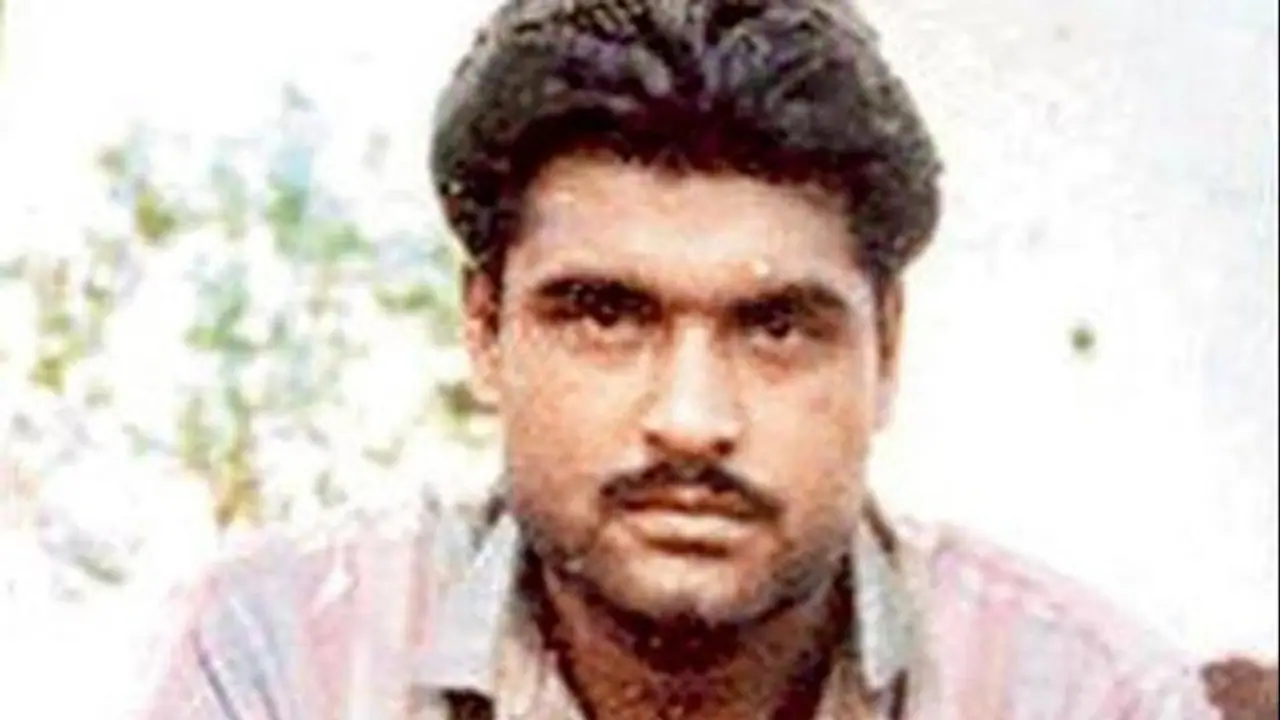Pakistan's Interior Minister Mohsin Naqvi hinted at Indian involvement in the "targeted killing" of ISI affiliate Amir Sarfaraz, known as Tamba, referencing a pattern in such killings. The case has been referred to the counter-terrorism department for investigation.
Pakistan's Interior Minister Mohsin Naqvi has suggested that India may have been involved in the "targeted killing" of ISI affiliate Amir Sarfaraz, known as Tamba, in Lahore. Sarfaraz was acquitted in 2013 of the murder of Indian prisoner Sarabjit Singh but was recently killed in an attack by two motorcycle-borne assailants at his home in Lahore's Islampura neighbourhood.

Also Read: Pakistan: Sarabjit Singh's killer Amir Sarfaraz shot dead by unknown men in Lahore
Naqvi, speaking at a press conference in Lahore, indicated that the attack on Sarfaraz aligns with a pattern and mentioned suspicions of India's involvement in four other similar murders on Pakistani soil. The Indian government has not responded to these allegations.
The shooting prompted Sarfaraz's brother, Junaid Sarfraz, to file a complaint with the police, resulting in a case being registered against the unidentified attackers. Subsequently, the Punjab government referred the case to the police's counter-terrorism department for further investigation, a department often linked to Pakistan's intelligence agency, the ISI.
The background to this incident includes Sarfaraz's alleged involvement, along with his associate Mudasir Munir, in the murder of Sarabjit Singh at Kot Lakhpat prison in April 2013. Sarabjit Singh had been convicted of espionage and orchestrating bombings in Lahore and Faisalabad in 1990. However, in a surprising turn of events in December 2018, a sessions court in Lahore acquitted both Tamba and Munir of Singh's murder after all witnesses retracted their statements.
Amir Sarfaraz, aged 45 and unmarried, was known in his community as a spice dealer and was believed to have close ties to Hafiz Saeed, the founder of the terrorist organization Lashkar-e-Taiba.
